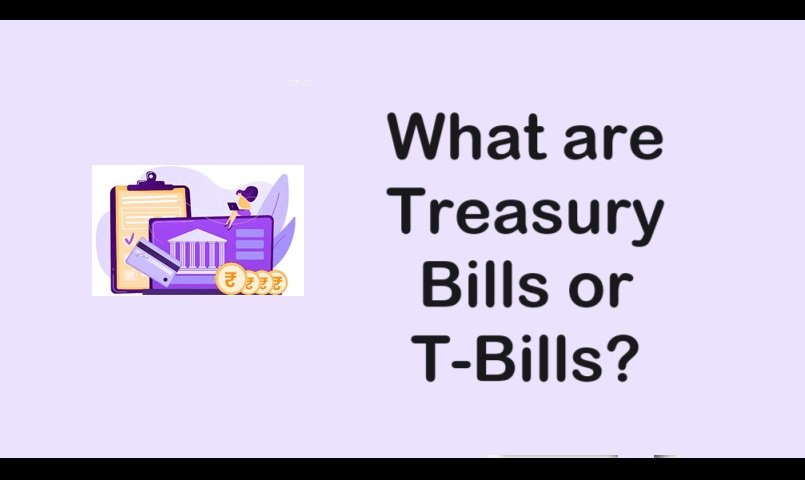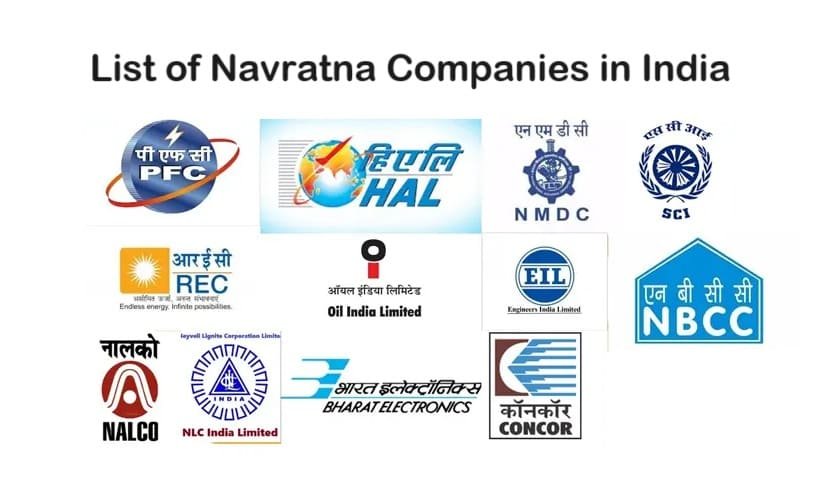What are Treasury Bills or T-Bills?
Treasury Bills, commonly known as T-Bills, are short-term debt instruments issued by the Government of India. They are used as a tool for managing short-term liquidity requirements and funding day-to-day operations of the government. T-Bills are considered one of the safest investment options because they are backed by the sovereign guarantee of the government.
What are T-Bills?
T-Bills are zero-coupon securities, meaning they do not pay periodic interest. Instead, they are issued at a discount to their face value and redeemed at par upon maturity. The difference between the issue price and the face value constitutes the return on investment for the holder. T-Bills come in three maturities: 91 days, 182 days, and 364 days, catering to the short-term investment needs of individuals and institutions.
Why Does the Government Issue T-Bills?
The government issues T-Bills primarily for the following reasons:
- Managing Short-term Liquidity: T-Bills help the government manage its short-term cash flow needs effectively.
- Raising Funds: They provide a mechanism for the government to raise funds for its immediate financial requirements without resorting to long-term borrowing.
- Monetary Policy Implementation: T-Bills are used by the Reserve Bank of India (RBI) as a tool for implementing monetary policy, influencing money supply, and controlling inflation.
How Do You Earn a Return on T-Bills?
Investors earn a return on T-Bills through the difference between the discounted issue price and the face value at maturity. For instance, if a T-Bill with a face value of ₹100 is issued at ₹98, the investor earns ₹2 as the return when the T-Bill matures. This return, also known as the yield, is determined by market demand and supply and is expressed as an annualized percentage.
How is a T-Bill Different from a Fixed Deposit?
T-Bills and fixed deposits (FDs) are both popular investment options, but they have key differences:
- Issuer: T-Bills are issued by the government, whereas FDs are offered by banks and other financial institutions.
- Interest Payment: T-Bills are zero-coupon securities and do not pay periodic interest. FDs pay interest periodically or at maturity.
- Tenure: T-Bills have short-term maturities (91, 182, or 364 days), while FDs can range from a few days to several years.
- Risk: T-Bills carry minimal risk due to government backing, whereas the risk in FDs depends on the financial stability of the issuing bank.
- Liquidity: T-Bills are highly liquid and can be traded in the secondary market, whereas FDs generally have a fixed tenure and may incur penalties if withdrawn prematurely.
How Do You Invest in T-Bills?
Investing in T-Bills is straightforward:
- Primary Market: Investors can participate in the primary market auctions conducted by the RBI. Auctions are typically held weekly, and individuals can place bids through banks or primary dealers.
- Secondary Market: T-Bills can also be purchased in the secondary market through stock exchanges or over-the-counter markets. This provides flexibility for investors to buy and sell T-Bills before maturity.
- Online Platforms: Many financial institutions and online trading platforms offer facilities to invest in T-Bills, making the process convenient and accessible.
How Much Tax Do You Pay?
The returns from T-Bills are considered as short-term capital gains if the holding period is less than one year. These gains are taxed at the investor’s applicable income tax rate. For institutional investors, the tax treatment may vary based on their specific tax regulations. It’s advisable for investors to consult with a tax advisor to understand the exact tax implications.
Conclusion
Treasury Bills are an excellent investment option for those seeking safety, liquidity, and short-term investment opportunities. They provide a secure way to park surplus funds and earn predictable returns with minimal risk. Understanding the nuances of T-Bills, including how they differ from other investment options like fixed deposits and the process of investing in them, can help investors make informed decisions. With the backing of the government and the ease of investing, T-Bills remain a popular choice for conservative investors looking to manage their short-term financial needs effectively.







